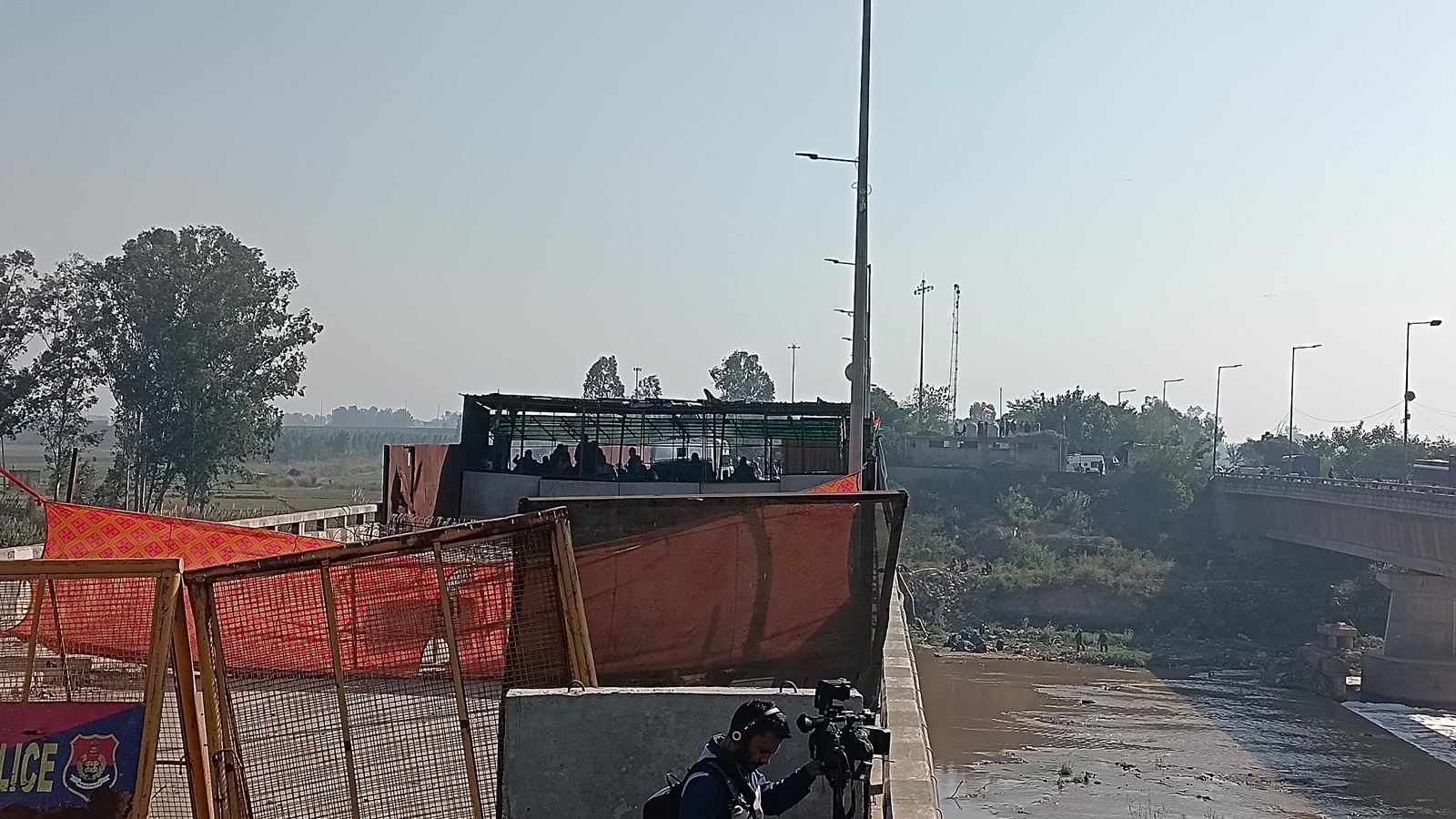 |
|
The Delhi Police have significantly heightened security measures along the national capital's borders with Haryana and Punjab. This proactive response comes in anticipation of a large-scale farmers' mobilization, culminating in a major march towards Delhi. The core demand of this demonstration centers on securing a legal guarantee for Minimum Support Prices (MSP) for their agricultural produce. This is a long-standing grievance for farmers across India, who contend that the current MSP system lacks adequate legal protection, leaving them vulnerable to market fluctuations and often resulting in unsustainable farming practices. The impending march represents a renewed push for this crucial demand, underscoring the persistent tension between farmers and the government regarding agricultural policy.
The scale of the planned march is substantial, with various farmers' unions and organizations participating. Key players involved include the Samyukta Kisan Morcha (Non-Political) and the Kisan Mazdoor Morcha, indicating a broad-based mobilization rather than a single entity-led protest. The Delhi Police are implementing a multi-pronged security strategy involving the deployment of substantial personnel and the erection of significant physical barriers. DCPs from various districts across Delhi, including Dwarka, North East, Outer Delhi, and East, have confirmed the implementation of their respective security plans, encompassing the deployment of hundreds of personnel, the establishment of roadblocks using barriers and containers, and close monitoring of smaller arterial roads to prevent any unauthorized entry into the city. The coordination extends to neighboring states, with collaboration evident between the Delhi Police and the UP police.
The Shambhu border has emerged as a key staging area for the protestors, who are anticipated to remain there for approximately four days before commencing their march towards Delhi. The authorities are closely monitoring the situation and are prepared for various contingencies. A significant police presence has been deployed at Shambhu border, as well as other key entry points, with reports indicating that 800 police personnel are deployed at border entry points in the Shahdara district alone. The proactive approach taken by the Delhi Police reflects a commitment to maintaining order and preventing any potential escalation during the protests. The deployment of large numbers of personnel, strategic use of barriers, and continuous surveillance signify the seriousness with which the police are taking the situation. The collaborative efforts with the police forces of neighboring states underscore the potential for wider implications and the need for a coordinated response.
Beyond the MSP, the farmers' demands extend to include a debt waiver for farmers burdened by significant loans. The absence of adequate support systems for farmers contributes to this issue, resulting in financial distress and driving many to unsustainable practices, such as excessive borrowing. In addition, the protestors are also advocating for a pension scheme for both farmers and farm laborers, addressing the lack of social security for a large segment of the population that plays a vital role in sustaining the nation's food supply. Further, the farmers oppose any increase in electricity tariffs, arguing that such increases would disproportionately impact their already strained financial situations. These demands reveal the multifaceted nature of the farmers' grievances and underscore the need for a holistic approach to agricultural policy that addresses not just prices but also the broader socioeconomic well-being of farmers.
The Haryana Police have similarly deployed significant resources to manage the situation. A multi-layered barricading system, including wire mesh, mobile traffic barriers, concrete walls, iron nails, and barbed wires has been erected to prevent any sudden movement towards Delhi. This demonstrates the seriousness with which the Haryana state government and its police force are approaching the potential disruption caused by the protests. Prohibitory orders have been issued in the Ambala district of Haryana to further curtail any potential escalation or disorder. The anticipation of a large-scale protest, coupled with the farmers' longstanding grievances and the potential for disruption to public order, necessitated a concerted and significant security response across multiple agencies and jurisdictions. The overall situation highlights the complex interplay of agricultural policy, public order, and the ongoing struggle for fair treatment of farmers in India.
The farmers’ protests are not a new phenomenon; they have a history of significant mobilization and even nationwide protests in the past. This current action represents a continuation of these efforts, highlighting the enduring nature of the key issues at hand. The unwavering persistence of the farmers’ demands for policy change underscores the seriousness with which these concerns are viewed. The substantial security deployment demonstrates the government's awareness of the potential for widespread disruption and the need for a strong response. The focus remains on ensuring peaceful demonstrations while simultaneously preparing for potential disruptions. The situation demands a delicate balance between upholding the right to protest and maintaining public order, a challenge that requires careful planning and execution by the authorities.
Source: Farmers’ protest: Delhi Police step up security at Haryana and Punjab borders
